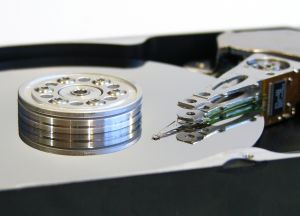
Backing up your files is a routine practice that most people fail to appreciate at times. Well for one, it takes an instance where sudden system malfunctions or intrusions to learn the value of having properly backed up files for people to appreciate its routine. Normally, thanks to the strict and professional efforts that assigned information technology personnel, common users rarely have to worry about losing their work and saved files since these people in the front end, already make sure that any untoward intrusions or risks can even enter their computer network and workstations.
Regardless though, all computer users are encouraged to make sure that they maintain separate data backup files for security reasons. Experiencing such issues where your computer suddenly goes on the blink is a serious issue that may even lead you to cram and worry since in most cases, losing important files such as reports and documents can hamper you and your role in the standard operations of carrying out work.
So while it does seem like such an effort points to nonsense. But while that may seem the case for now, it is by no means a reason for anyone to take it easy and take backups for granted. It is a routine task and while many don’t do it regularly, such people should not leave such a task entirely to the responsibility of the IT people.
Besides, knowing how confidential some files are, being assisted once or twice is enough. But over that is already a sign of laziness and for sure is a clear sign that these people have no intentions of adding that task to their list of duties and responsibilities.


 Back up frequently and often. That was a personal mantra in the days when system crashes, virus infections, and floppy disks. These days I still follow it, by burning files onto CDs; it’s better to have duplicates of the same file rather than losing them by a careless press of the button. Here are a few tips to help you while making a
Back up frequently and often. That was a personal mantra in the days when system crashes, virus infections, and floppy disks. These days I still follow it, by burning files onto CDs; it’s better to have duplicates of the same file rather than losing them by a careless press of the button. Here are a few tips to help you while making a